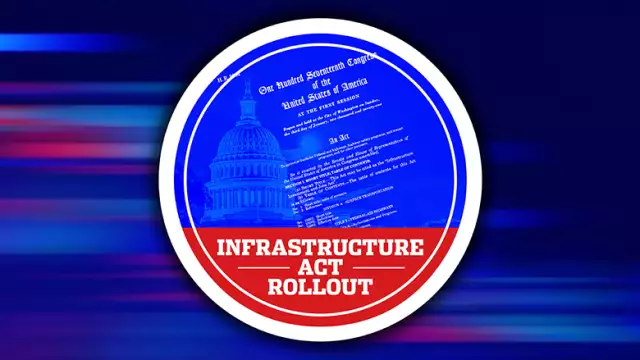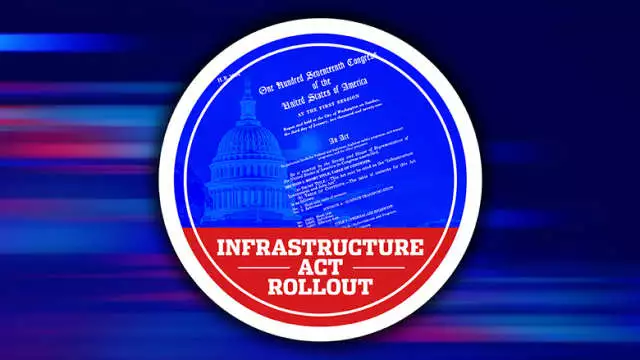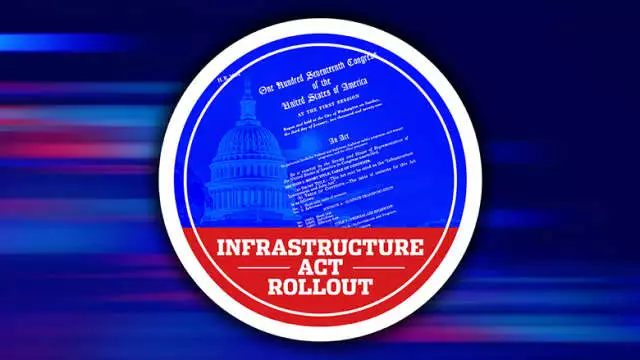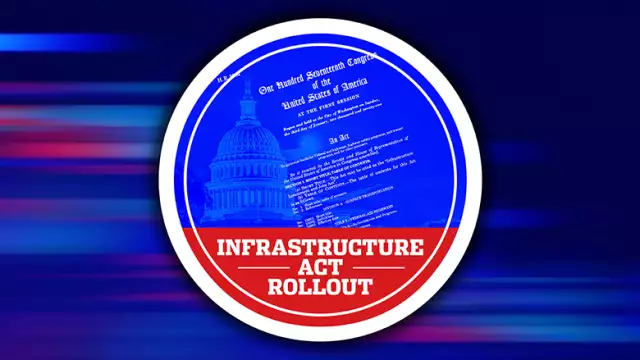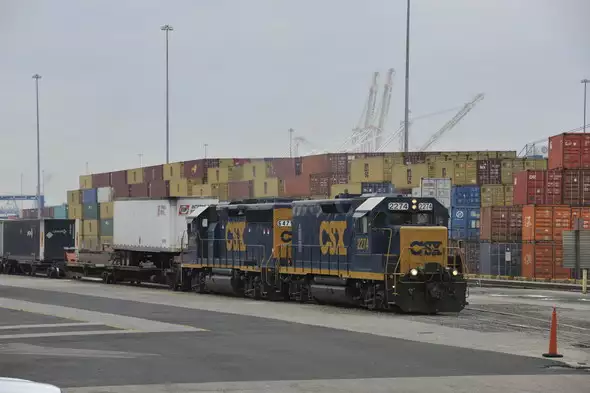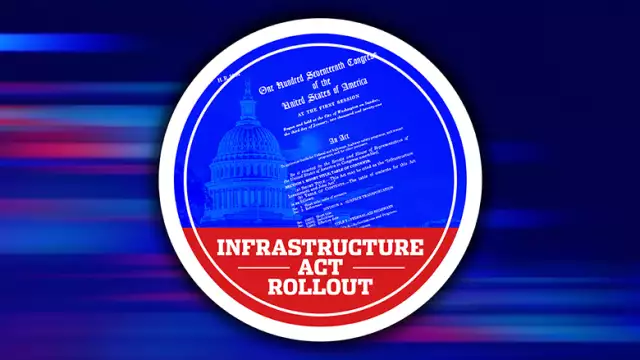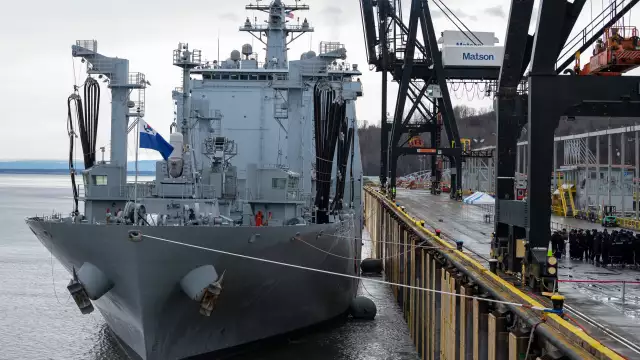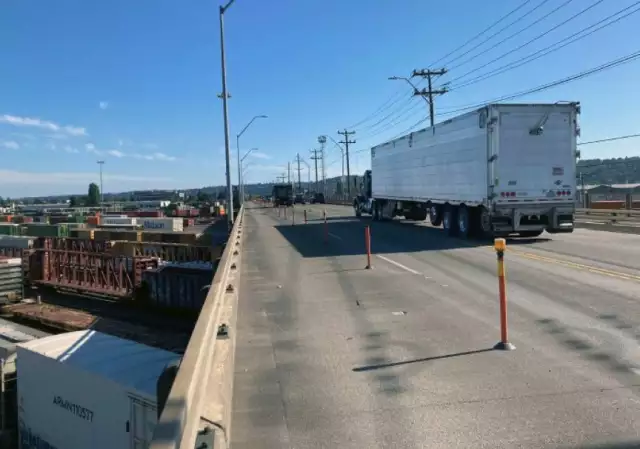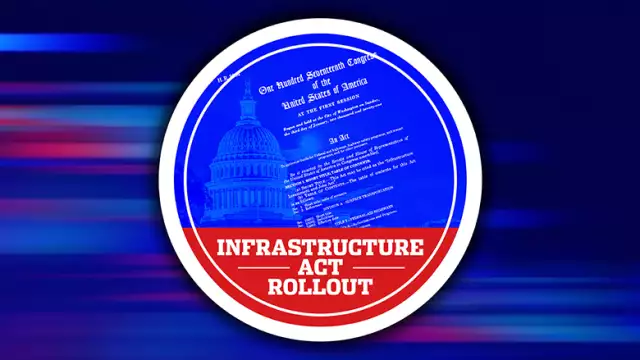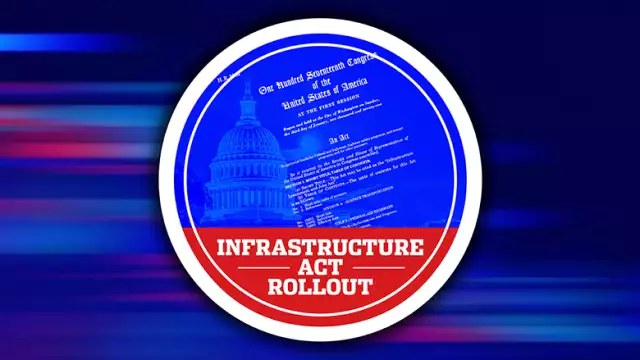US DOT Launches Competition for $2.4B in New IIJA Bridge Grants
US DOT Launches Competition for $2.4B in New IIJA Bridge Grants
June 10, 2022 Tom Ichniowski KEYWORDS bridge infrastructure / Infrastructure Investment and Jobs Act / US Dept. of Transportation Order Reprints No Comments
The U.S. Dept. of Transportation has started accepting applications for what will likely be one of the highest-profile programs in the Infrastructure Investment and Jobs Act—new discretionary grants for bridge projects ranging from small to large.
DOT’s Federal Highway Administration, in announcing the funding-availability notice on June 10, said the program will total $12.5 billion over five years.
FHWA is now taking applications for fiscal 2022, the initial year of the program. The agency has $2.36 billion to award this year.
DOT Secretary Pete Buttigieg said in a June 9 advance briefing for reporters that the program targets "existing bridges most in need of near-term repairs or replacement." Buttigieg said that would include "some of the most economically significant bridges in the nation."
Brian Turmail, Associated General Contractors of America vice president for public affairs and strategic initiatives, said via email, "We believe that there will be a lot of demand for the program."
Turmail points to another DOT discretionary program, RAISE—for Rebuilding American Infrastructure with Sustainability and Equity—grants.
He says RAISE "has received applications that request 10 times the amount of money that is available. So it is clear that state and local governments need assistance to fund these larger projects."
Three Types of Grants, Three Deadlines
The program will offer three types of grants: bridge project planning, construction projects valued at less than $100 million and bridge projects that exceed $100 million. The total available for planning grants in this round is $20 million.
FHWA Deputy Administrator Stephanie Pollack said in the briefing that each of the three types of grants has a different application deadline.
Pollack said the planning grant deadline is July 25, the $100-million or less category deadline is Sept. 8 and applications for the $100-million-plus category are due by Aug. 9.
Asked when FHWA plans to announce the winning projects, Pollack said that “will depend on how many applications we get and how long it takes us to sift through them.”
Based on DOT’s record for awarding past rounds of discretionary grants, the evaluation and decision-making for this new bridge program is likely to take months to complete.
DOT announced funding earlier this year for a separate IIJA bridge program, which includes $27 billion to be distributed by formula. All that formula bridge funding is apportioned among state departments of transportation.
Wide Range of Applicant Types
For the new discretionary bridge grants, DOT is expanding the eligibility to local government agencies, metropolitan planning organizations, tribal governments and federal land management agencies. State DOTs are eligible, too.
In the funding-availability notice, DOT and FHWA state that the grants will go for bridge "replacement, rehabilitation, preservation and protection projects" that improve the movement of people and freight, reduce the number of bridges rated in poor condition or fair condition but "at risk of falling into poor condition within the next three years" or bridges that do not meet current design standards or fall short of meeting load and traffic-handling requirements.
As Turmail points out, the bridge grant program is composed of a combination of Highway Trust Fund dollars and General Fund dollars. For 2022, the split is $600 million from the Highway Trust Fund and $1.847 billion from the General Fund.
The general fund's annual amount stays the same through 2026; the trust fund's amount rises annually through 2026.
In another important point, the IIJA text directs that a minimum of 50% of the trust fund's annual contribution to the new bridge program must go to large bridge projects. That would mean large projects will receive at least $300 million in the new 2022 round.
Regarding the size of grants, planning grants have no minimum or maximum size. Large Bridge project grants have a $50-million minimum but "shall be in an amount that is adequate to fully fund the project"—taking into account other financing or funding committed to the project.
For the small- and medium-bridge projects, the minimum grant is $2.5 million, and the maximum is 80% of a project's total cost.
New Wrinkle: Multi-Year Grants
In another new twist, for federal transportation discretionary programs, projects that are in the large bridge category and that win a grant of $100 million or more will be eligible for multi-year grants "over the course of several years."
The DOT-FHWA notice says that a multi-year grant agreement can draw on fiscal year 2022 funds and "funding available in future fiscal years, based on a potential awarded project's size, schedule and availability of funding."
